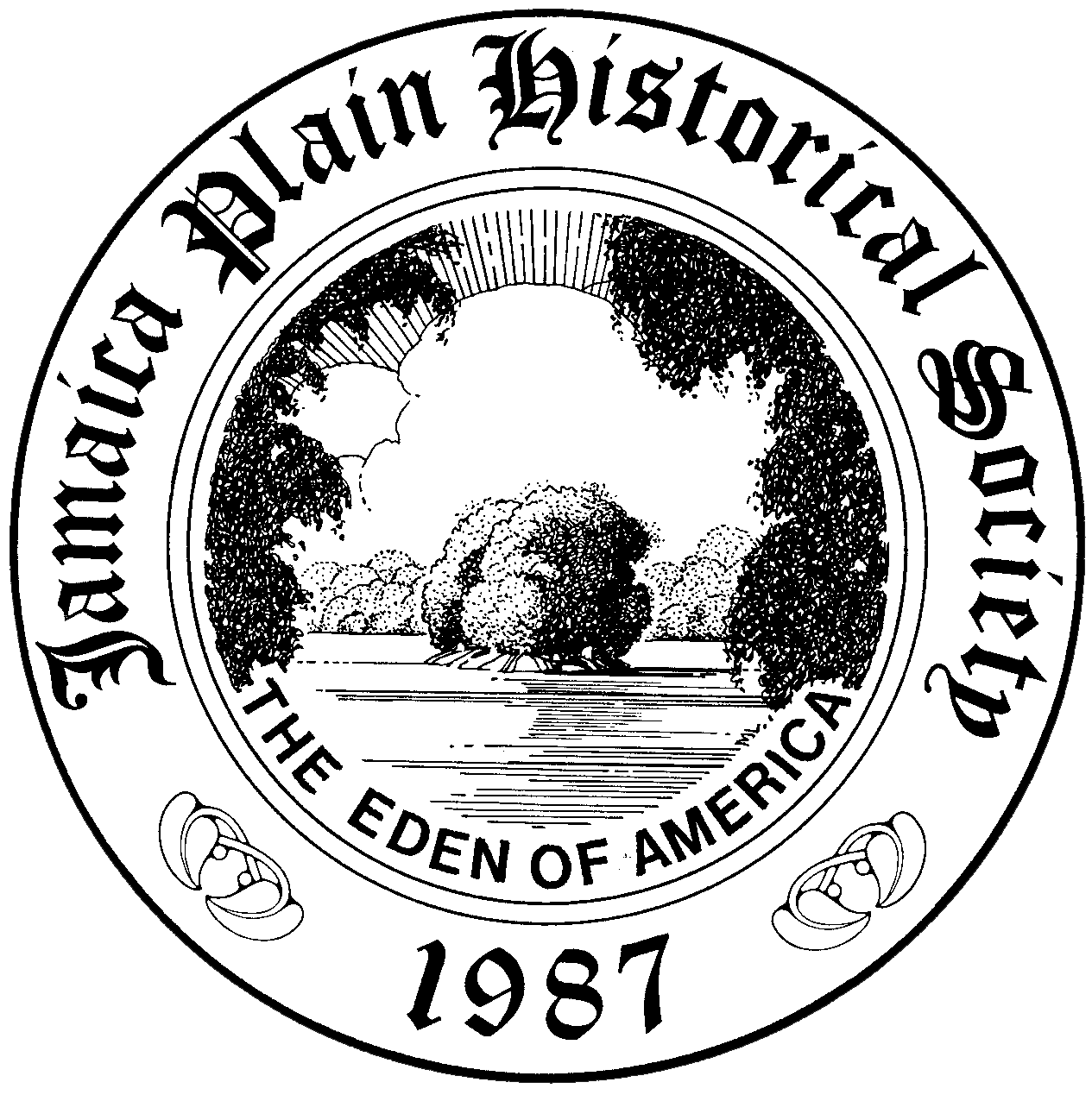Typhoid Fever in Jamaica Plain
A 1939 conceptual illustration showing various ways that typhoid bacteria can contaminate a water well. Download
Three New Cases Reported Today, Making 24 since July 14 — Milkman Taken in Hand by Health Department.
The board of health has discovered a serious typhoid fever epidemic at Jamaica Plain.
Since July 14 there have been 24 cases of typhoid fever, six of which were reported on the 20th, five on the 17th and five Monday. There were three new cases yesterday from the same section.
These cases are in homes furnished with milk by a man who has 300 customers and by another milkman who has been taking two cans of milk from the first-mentioned milkman.
Dr. O’Shea of the health department, with inspectors, has gone to the bottom of this matter. On July 14 this group of cases started, and, as in every other case of typhoid fever, a thorough investi-gation of the cases is made with special reference to the milk and water supply, the house drainage, plumbing, etc. As other cases were investigated they were found to be in families who had been taking milk of the same man.
The farm was visited and was found to be an old place. The wife of the milkman died of typhoid fever last week and while sick and on her feet attended to the varied duties of the milk farm, the washing of the cans, etc. The drain from the sink and the outhouse was into the cellar of the barn, where about two feet of water was found, and a very short distance from the barn was an old well, the water of which was not good enough to drink, but which, it is stated, was used to wash milk cans.
The milkman was in consultation with the board of health Monday, and was told in the plainest language what was expected of him in the future and was instructed as to the handling of his milk.
Dr. Durgin states that all the cows and the milk plant have been removed to safe quarters. The old premises have been thoroughly disinfected and the requirements of the board of health regarding the storage of milk and the care of the cans must be strictly adhered to. Under the new law this milkman, until he has conformed to the board of health’s regulations, will not be allowed to dis-tribute his milk in this city.
This article originally appeared in the July 26, 1899 edition of the Boston Daily Globe. Production assistance provided by Kate Markopoulos.

